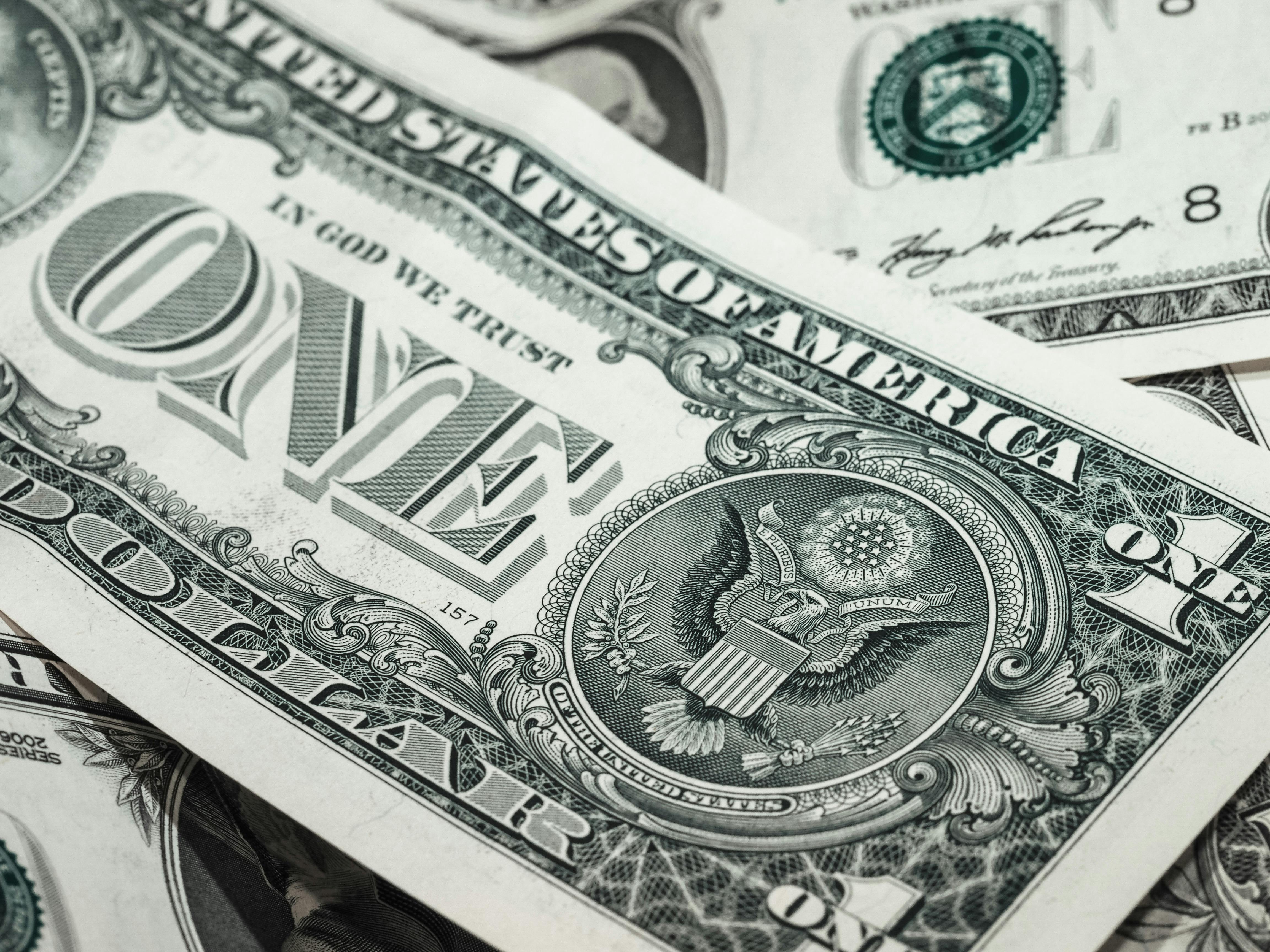



Early mornings and late nights a brief description of how employees,employers,unemployed,entrepreneurs,tech billionaires,the retired, and all working adults may frame how their day begins and ends. In the same way we should have some sort of view of economics in our everyday life due to the challenges that come along with the paycheck we earn and the business we run. I would like to take this time to discuss the reasoning behind why we should all learn or have conversations on economics and how it affects our way of life.
For some, it's the quiet clink of a coffee cup before the commute. For others, it’s chasing deadlines, building dreams, or scrolling job boards before sunrise. The startup founder logs in before the world wakes up. The night-shift worker clocks out as dawn breaks. A retiree watches the markets while watering plants. A tech billionaire sends one email that moves millions.
Different lives. Same rhythm.
We all move through our days shaped by choices—some ours, many made for us. Choices about wages, rent, groceries, healthcare, and opportunity. These aren’t just personal matters; they’re economic ones.
Yet most of us go through life inside the economy, never pausing to ask how it works or why it affects us so deeply.
It’s time we did.
Because understanding economics isn’t just for professions in suits or tech billionaires. It’s for the parent budgeting groceries. The artist launching a side hustle. The student questioning inequality. The entrepreneur navigating uncertain markets. The everyday citizen trying to make sense of the world.
This post is to provide good intentions on our everyday financial living (there is always a story behind it).A story we’re all part of. And the better we understand it, the better we can shape it.
We live by invisible forces: scarcity chases us. Abundance taunts us. Trade-offs carve our days. Yet we rarely name the system binding us all: economics.
Economics has a long history that dates back to ancient Greece,ancient Athens, ancient India, China and now what we call modern economics defined by Scottish philosopher Adam Smith. Other fields alike have also added to the modern so-called era of economics. By definition (Provided by Google) Economics is a social science that studies how societies make decisions about allocating scarce resources to satisfy unlimited wants and needs. It examines how individuals, businesses, and governments produce, distribute, and consume goods and services. Essentially, economics analyzes the choices people make to allocate limited resources, considering factors like costs, benefits, and incentives.
Now that we know the basis let's go into more depth about how economics affects our everyday life. An example/lesson in everyday economics, you walk into your local Whataburger (a Texas thing kind of) and order the number 4 Jalapeño & Cheese Whataburger meal. It's $13.00 (the price went up 6 months later in this example). You pause and wonder, “Why is this so expensive?"You were just here not too long ago. Here’s the hidden economic story behind it:
it’s a mirror of the global economy, local wages, government policy, and human behavior all in one bite.
That’s economics. It’s not something far away—it’s what shapes the price of your meal, the stability of your paycheck, and the choices you make every single day.
Lets move a little more closer along the lines of survival snatch that we mean thriving. Here are the negatives (we have to discuss the negatives in order to create or make sense of what the positives are):
Income inequality - economic systems often lead to unequal distributions of wealth and opportunity The rich get richer, while the working class may see wages stagnate, even as the cost of living rises. This inequality can limit access to quality education, healthcare, and housing — reinforcing cycles of poverty.
Everyday impact: Two people doing equally hard work may live in different economic realities simply because of where they started or what systems they’re a part of.
Poverty traps - in some economies, people remain stuck in poverty because their income is too low to invest in things that could help them escape—like education, transportation, or healthcare. Even small setbacks (a hospital bill, a job loss) can spiral into long-term hardship.
Everyday impact: Someone might work full-time and still not afford rent or save for emergencies. Without safety nets or access to capital, upward mobility becomes nearly impossible.
Rising cost of living -due to inflation and market dynamics, the price of essentials—food, rent, gas—often increases faster than wages. This creates a growing gap between what people earn and what they need to survive.
Everyday impact: Your salary may stay the same, but groceries cost more every month. That invisible economic pressure builds stress and limits financial freedom.
Environmental Cost - many economic models prioritize profit over sustainability, leading to environmental degradation, resource depletion, and climate change. The "externalities" (side effects) of economic growth can include polluted air, deforestation, or rising sea levels.
Everyday impact: The long-term consequences of today’s consumption patterns affect food availability, health, and future security — especially in vulnerable communities.
Mental and emotional strain - constant economic pressure—from debt, bills, competition, or job loss—can lead to stress, anxiety, and burnout. Economic insecurity affects personal relationships, decision-making, and overall well-being.
Everyday impact: People may delay starting families, pursuing education, or taking creative risks due to financial instability or fear of failure.
Let's draw back from these negative outcomes that become the norm. Recognizing these challenges helps us move forward
Inflation, stagnant wages, rising living costs—these aren’t just headlines, they’re daily pressures. Economics helps us make sense of why food costs more this month, why jobs don’t pay enough, and how global events (like war or climate change) ripple into your local grocery bill.

When you understand these forces, you're not just reacting to life—you’re reading its blueprint.
You are not just a consumer of the economy. You are a creator within it.
Whether you start a small business, freelance your talents, invent something, or build a brand—you are producing value. And with basic economic understanding, you can better price your work, identify market gaps, protect your finances, and grow with purpose. Economics gives you language for negotiation, context for competition, and vision for sustainability.
The real reason why we should all learn economics or just be in some sort of knowledge in this way of thinking. It’s not to memorize excel sheets or debate interest rates.
It’s because economics teaches us to see —to see power, systems, inequality, potential. It helps us ask better questions, make more informed choices, and recognize when “normal” isn’t fair. It empowers you to challenge the status quo, to build something better, to live with both awareness and intention.
Whether you’re an full time or part time employee, employer, artist, entrepreneur, parent, or just that person that wants to see the economical views of everyday life —you are already participating in the economy. Learning how it works gives you the tools to shape it.
Let’s normalize economic conversations at dinner tables, in classrooms, on community platforms. Let’s break down the jargon, challenge the myths, and create space for learning that’s practical, inclusive, and empowering.
Because understanding the flow of money, power, and opportunity isn’t just a skill.
It’s survival. It’s strategy. And ultimately—it’s freedom.
Now here is the challenge, will you decide to take more time to be more knowledgeable on economics or will we just be content with surface-level opinions/assumptions on how money comes money goes. Let the money trees grow.
To whom it may concern wishing you well in this life until next time.
